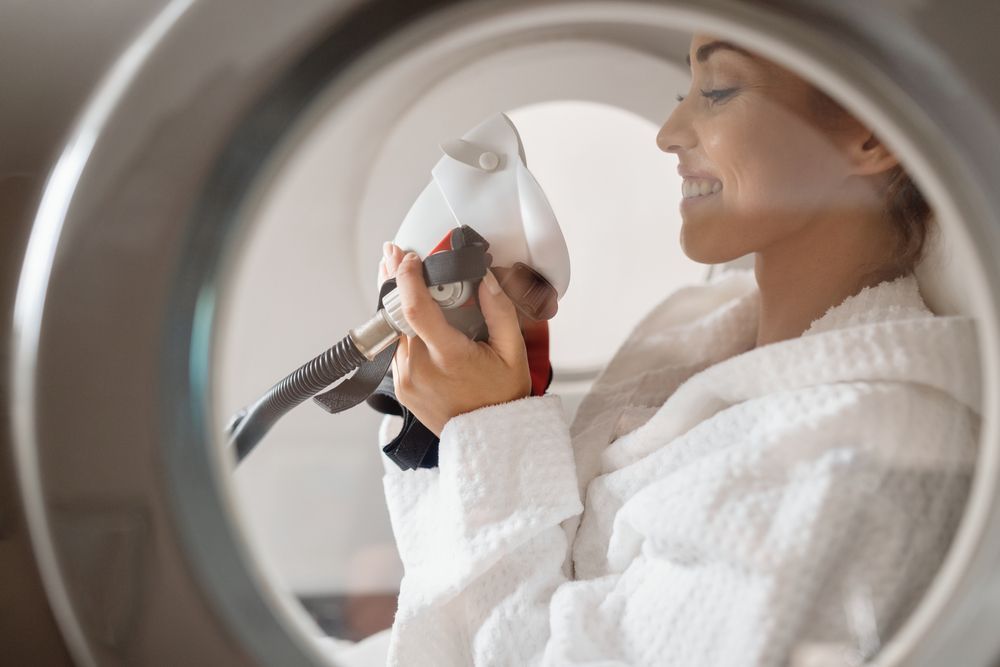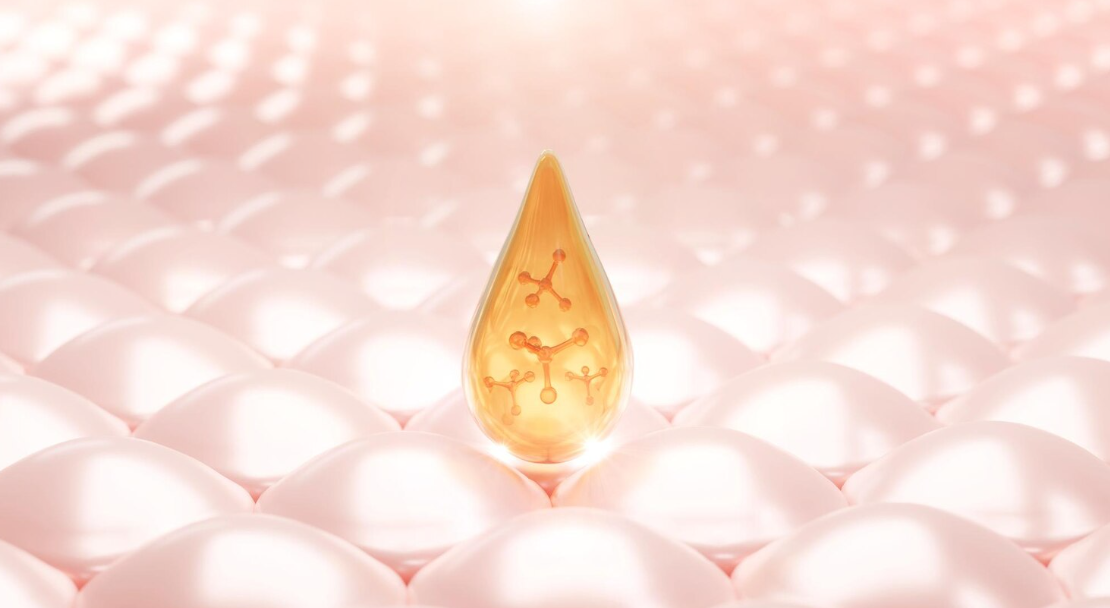
Navigation links
Free Consultation
It's important to know that you are not alone. Get help with depression today!
TMS THERAPY SUPPORTS MENTAL WELLNESS
- Depression
- Lack of Joy
- Sadness and Despair
- Low Mood
- Lethargy
- Insomnia
- Oversleeping
- Social Isolation
- Self-Harm
- Substance Abuse
- Suicidal Ideation
- Alcoholism
Inflammation serves as a vital defense mechanism, safeguarding your body against irritants, viruses, pains, and other harmful elements. Regrettably, the condition of inflammation can have its own complexities. If you're currently experiencing any discomfort from inflammation, it's understandable that you may be seeking some relief. Four potential solutions may help, including hyperbaric oxygen therapy.
1. Pay Attention to Physical Health and Nutrition
Many cases of inflammation arise from people eating inflammatory diets. Processed foods, sugar-sweetened items, and red meats can trigger whole-body inflammation. The best way to combat this type of response is to research anti-inflammatory dieting and immediately adopt one for yourself.
Green, leafy vegetables, pineapples, berries, and mushrooms can be excellent remedies for unwanted swelling. Getting involved in a regular exercise routine can help you immensely as well.
It's always important to prioritize your health and make time for physical activity. Consider visiting a local gym or dedicating 20 to 30 minutes to cardio exercises. Whether or not you have a gym membership, you have the option to engage in activities such as walking, running, or utilizing your stairways to invigorate your body and mind.
2. Avoid Allergens
Allergic reactions can lead to inflammation in different parts of the body. This process can be challenging due to various factors, such as food allergens or airborne irritants. In order to address the inflammation that occurs in these situations, it is necessary to identify and remove the triggers that are causing it.
For example, adopting a gluten-free diet can be beneficial if your immune system has an unfavorable reaction to gluten. Choosing to remain indoors on particularly windy days can help alleviate allergies caused by pollen. Using high-quality masks can also protect you from inhaling potential irritants in high-pollution settings. By implementing a variety of preventative measures, you can significantly reduce swelling and discomfort.
3. Try Natural Therapy
Some herbs possess natural properties that can help alleviate inflammation. Some herbs that fall into this category include turmeric, ginger, garlic, and cayenne.
How you choose to consume them will vary based on your personal preferences.
Preparing a warm cup of herbal tea multiple times throughout the day can be an effective method to alleviate inflammation. You also have the option to incorporate these ingredients into your dishes. Regardless of the approach, it is possible to experience the benefits of natural anti-inflammatory ingredients by making them a part of your daily routine.
4. Explore Hyperbaric Oxygen Therapy
If you've been struggling with inflammation for a while, you might want to consider exploring alternative methods of healing, which include new technologies for improving health. Hyperbaric oxygen therapy (HBOT) is worth considering as a potential option. HBOT improves oxygen supply to the brain, activates brain repair mechanisms, and helps decrease inflammation and oxidative stress. This therapy can be a valuable addition for individuals seeking to improve their daily lives.
Schedule Hyperbaric Oxygen Therapy in Gilbert, AZ
HBOT is a valuable tool that can assist you in achieving optimal well-being. At Unchained Wellness Clinic, we understand the importance of your health and well-being. Our team of experts is dedicated to providing you with the guidance and support you need, whether you're an athlete striving for better performance, recovering from an injury or underlying condition, or simply seeking relief from inflammation.
Contact us at 480-536-9473 to schedule an appointment today.



